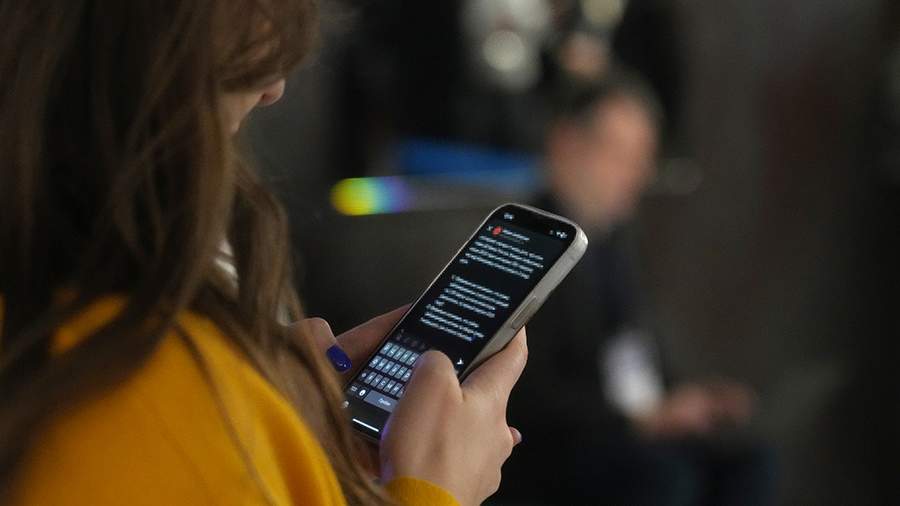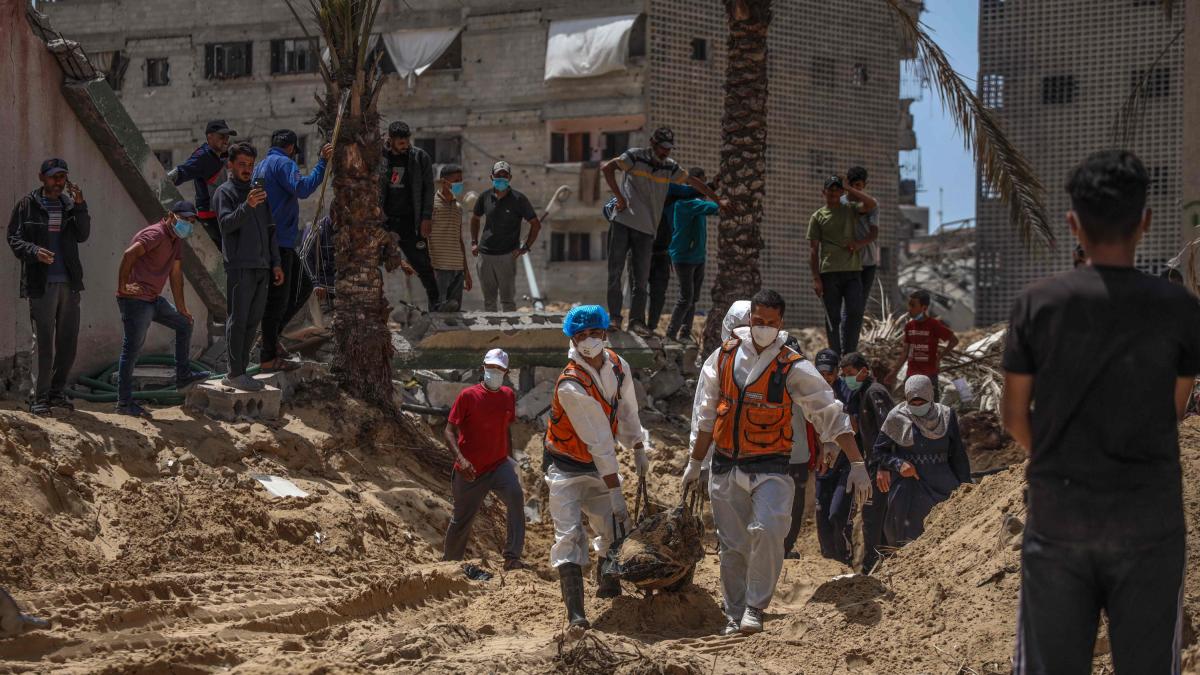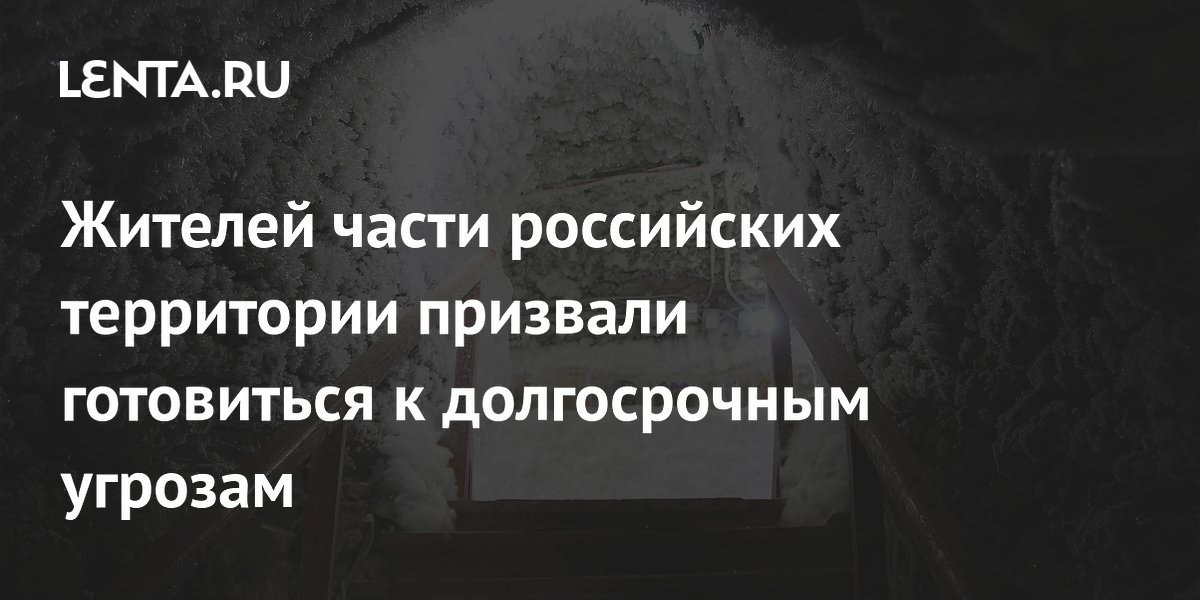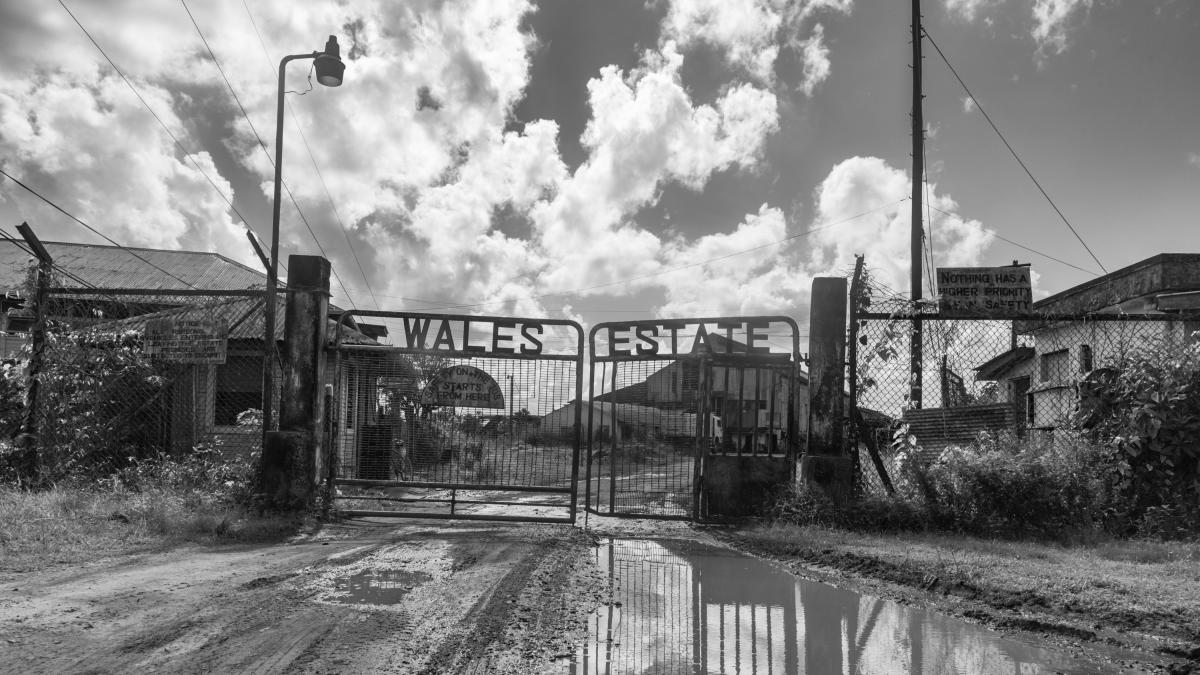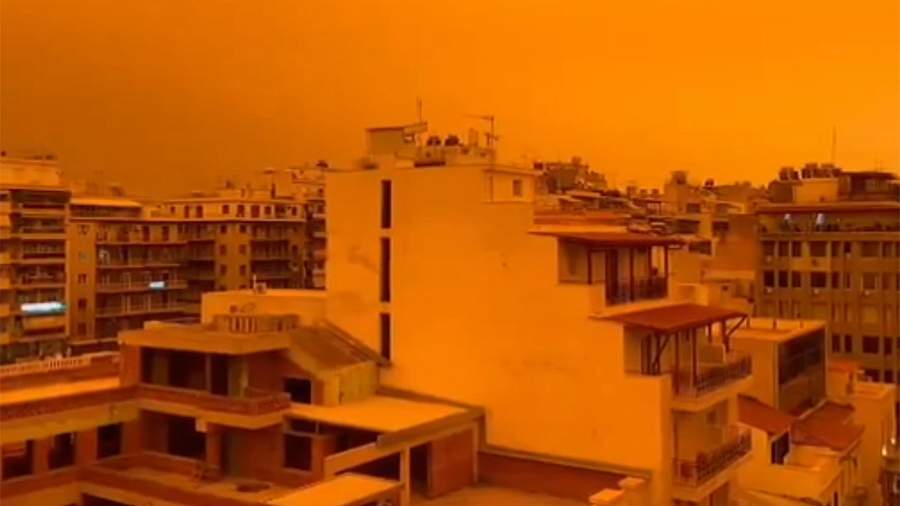Nursing organizations Tehy and Super have filed a strike warning in six hospital districts.
Nursing organizations The ban on overtime and shift work in the municipal sector has been reflected in hospital districts, such as the occasional congestion of emergency services and the temporary closure of wards.
The collective agreements of about 425,000 municipal employees expired on Tuesday last week. On the same day, caregivers Tehy and Super began a week-long ban on overtime and shift work in the entire municipal sector.
Employers in municipal and welfare areas The RTA suspended negotiations on new collective agreements in the municipal sector last Monday, as it considered the demands of the multi-annual salary programs to be oversized and unsustainable for public finances.
The carers’ organizations have put forward a five-year pay program for the social services sector, which would raise the base pay level by 3.6 per cent a year in addition to the normal contract increases.
Helsinki and in the Uusimaa Hospital District (Hus), emergency services have been congested from time to time as a result of the ban on overtime and shift work, says Hus’s Chief Administrative Officer Veli-Matti Ulander.
The wards of the wards have also had to be closed temporarily, but so far the situation is not much different from the corresponding closures made during the corona epidemic.
If the ban on overtime and shift work continues after Tuesday, the situation will continue to be assessed on a daily basis, according to Ulander. According to Ulander, if the activity has to be reduced, it will be done in a non-urgent manner, as has been done during the worst Corona waves.
Chairman of Tehy-Hus, Tehy’s local branch representing caregivers Reija Sjöholm sees the consequences of the ban on overtime and shift work as a sign that there are too few carers in Hus.
“The work is already being done with minimal staffing. The nurses are flexible, change shifts and do a lot of extra things: stay from morning shift to evening shift and from evening shift to night shift. I’m even a little surprised that Hus has survived the week so well, ”says Sjöholm.
Southwest Finland in the hospital district, the ban on overtime and shift work came to a situation where a large number of staff are absent due to corona infections.
“This has contributed to making the situation more difficult. So far, we have survived the postponement of some non-urgent measures, ”says the Chief Medical Officer of the Hospital District. Mikko Pietilä.
If the outcome of the negotiations is not achieved and the ban on overtime and shift work continues, the postponement of non-urgent measures will also continue.
“The situation will remain largely similar, as there is no prospect of a pandemic, at least not immediately.”
Tehy and Super left a strike warning on Thursday in six hospital districts, the largest of which is the Helsinki and Uusimaa Hospital Districts.
Other targets of the strike warning are the Northern Ostrobothnia Hospital District, the North Savo Hospital District, the Southwest Finland Hospital District, the Pirkanmaa Hospital District and the Central Finland Hospital District.
The organizations said in its bulletinthat the strike warning was caused by “the complete reluctance of the employer to take the social crisis and the shortage of caregivers at the negotiating table seriously, so that possible solutions have not even been discussed”.
“Yes, we all hope to have a wage development program for the people of Tehran. A strike is always a nasty thing, but we go on strike if the situation demands it. The lines are ready for that at the moment, ”says Tehyn Sjöholm.
Read more: Warning: About 25,000 nurses are on strike in six hospital districts
The strike would involve some 25,000 members of organizations, including nurses and community nurses. The two-week strike would begin on Friday, March 18 and end on April 1.
“It would be a bigger disruption than it would be,” says Husin Ulander.
“The strike would have a significant impact on the cancellation of virtually all non-emergency care. In that situation, it would be possible to treat only on-call cases and those cases in which a delay in treatment would significantly worsen the prognosis or course of the disease. “
In Southwest Finland Urgent operations will have to be shut down in a possible strike situation, Mikko Pietilä estimates. The extent of the consequences depends on the limits of the strike and the extent of conservation work negotiated locally.
In strike areas, protection work is provided on the basis of protective work negotiations for immediate treatment to protect the lives of patients or prevent permanent serious injury. For example, emergency services, intensive care and childbirth would be excluded from the strike, Ulander says.
According to Husin Ulander, patients should not be contacted to check if the booked appointment is coming to an end, as inquiries will place an additional burden.
“You will come to the reception if the time is booked. Yes, we will contact you if there are changes in times, ”says Ulander.
He hopes that in case of congestion, on-call customers will be the first to call the 11611 emergency number before leaving the emergency room.
“It is not necessarily advisable to go directly to the emergency room unless the situation requires it immediately. Of course, you should apply to the emergency room immediately if there is a life-threatening situation. ”
I do and Super negotiators met with the national mediator on Monday.
#Labor #market #Ban #overtime #nurses #congested #hospital #emergency #services #Strike #corona #disorder
